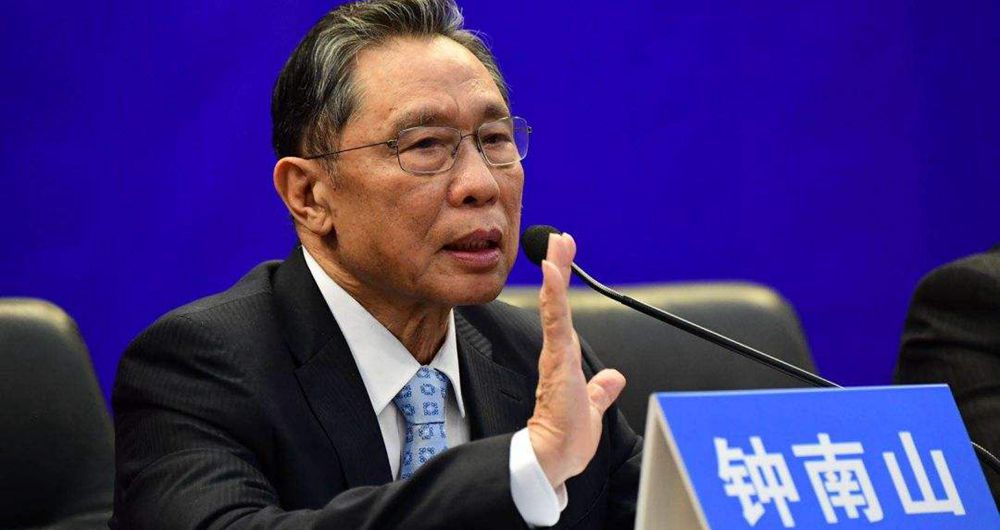CAST holds academic meeting on SDGs
The conference aims to promote the unique role of technological innovation in promoting sustainable development.
The China Association for Science and Technology held an academic meeting on the UN's Sustainable Development Goals (SDGs) in Beijing on October 16, 2019.
The meeting was attended by 35 experts from both home and abroad as well as representatives of the Ministry of Science and Technology, the Chinese Academy of Sciences (CAS) and the Chinese Academy of Social Sciences (CASS), including Daya Reddy, president of the International Science Council (ISC), Elisa Reis, ISC vice president, Ehud Menipaz, chairman of the Association of Engineers, Architects and Graduates in Technological Sciences in Israel, Nikolay Kiryukhin, president of the Union of Scientific and Engineering Associations of Ukraine, Gong Ke, president-elect of the World Federation of Engineering Organizations (WFEO), Liu Congqiang, member of CAS, Lv Yonglong, president of the Pacific Science Association (PSA), and Wang Meng, president of the Youth Earth Scientists.
Participants held in-depth exchanges on the effective path of achieving SDGs as a whole, aiming to promote the unique role of technological innovation in advancing sustainable development.
While sharing his basic ideas and preliminary plans for achieving SDGs at the meeting, Fu Bojie, dean of the Faculty of Geographical Science, Beijing Normal University, and member of CAS, proposed an initial framework of “Classification-Coordination-Collaboration”. He called for greater attention to sustainable science and technology innovation as well as the building of a science and technology governance system that serves SDGs. He also suggested establishing a coordination mechanism at the ISC level, improving the international science and technology governance structure and strengthening the building of science and technology partnerships.
Experts attending the meeting reached a high degree of consensus concerning SDGs.
They all agreed that people must fully understand the importance, urgency and complexity of implementing SDGs and at the same time consider the differences across countries and measurement methodologies.
They also believed that the unique role of technological innovation in promoting SDGs must be brought into full play and it is necessary to adhere to an approach of overall planning, systematic advancement, and gradual progress while continuously optimizing the path and mechanisms for achieving SDGs.
Huai Jinpeng, executive vice president of the China Association for Science and Technology (CAST), said in his summary speech that the consensus and actions of the global science community are of special significance for promoting science and technology for the benefit of mankind and for enhancing sustainable innovation and prosperity of civilizations.
Stressing that China attaches great importance to promoting sustainable development through technological innovation, Huai said that CAST will stay committed to building a global community of innovation values, build a new ecosystem of international innovation cooperation, inject new momentum into the development of the global science and technology governance system, and provide positive energy for sustainable development.
Li Jinghai, vice president of CAST and head of the National Natural Science Foundation of China (NSFC), hosted the meeting.
Shu Wei, executive secretary of CAST, also attended the meeting.




